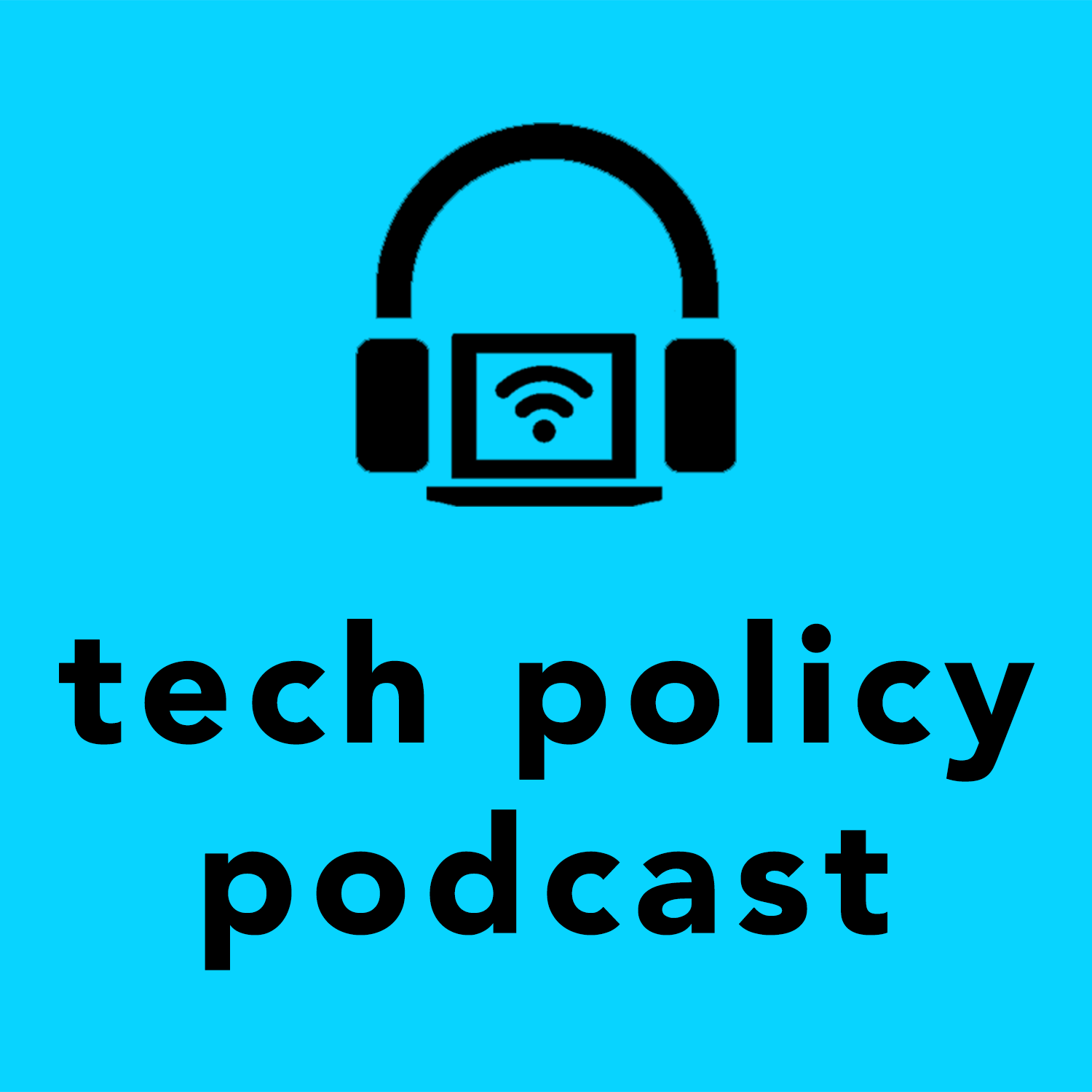Episodes

Tuesday Jan 31, 2017
#154: Augmented Reality and Poképolicy
Tuesday Jan 31, 2017
Tuesday Jan 31, 2017
When Pokémon Go launched last summer, 40 million people were playing the game within weeks. The game provided entertainment, an excuse for kids to get off their asses, and a slew of funny — and not-so-funny — accidents involving pedestrians and drivers playing the game in the wrong place and time. This phenomenon was also the first time many Americans had ever heard of or experienced “augmented reality,” where artificial elements (like Pokémon) are superimposed onto our physical surroundings.
The game’s rapid rise caused the predictable backlash over health and public safety and kneejerk calls for regulation. But getting beyond traffic safety, what are the short- and long-term policy implications of augmented reality? What does it mean for privacy, data security, surveillance, and intellectual property? Anne Hobson, Tech Policy Fellow at R Street joins the show. For more, see her report.
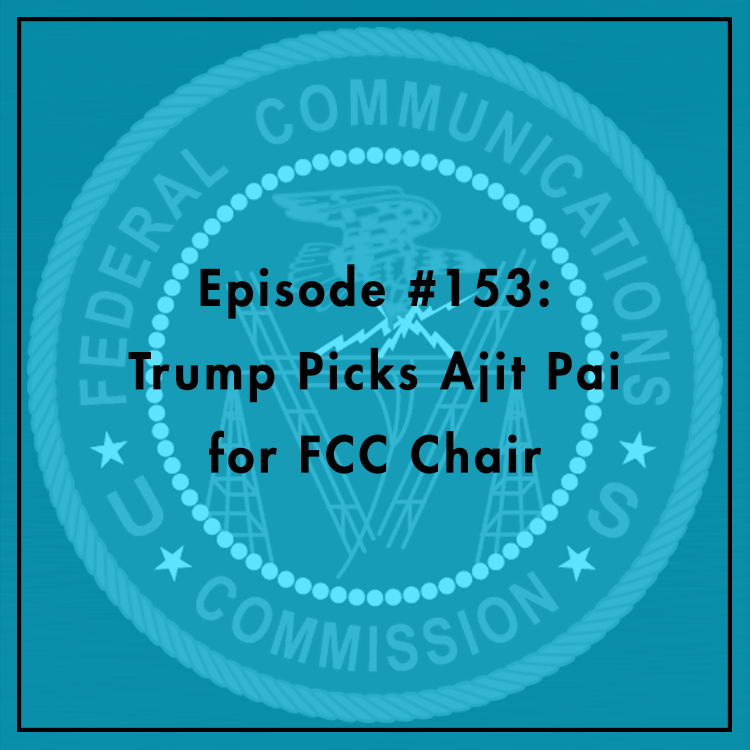
Friday Jan 27, 2017
#153: Trump Picks Ajit Pai for FCC Chair
Friday Jan 27, 2017
Friday Jan 27, 2017
Early this week, the White House confirmed that President Trump picked FCC Commissioner Ajit Pai to chair the agency. This means that Republicans have a 2-1 majority until the vacancies can be filled by candidates confirmed by the Senate. While some of his more hysterical critics pull their hair out over the impending “death of the Open Internet,” others are looking forward to a new direction at the FCC. Hopefully this is characterized by a renewed spirit of bipartisanship on a wide range of telecom issues, including net neutrality and broadband deployment. Pai has proposed “Gigabit Opportunity Zones” to jumpstart broadband in both urban and rural low-income communities. What else can we expect from the new FCC? Evan and Berin discuss.
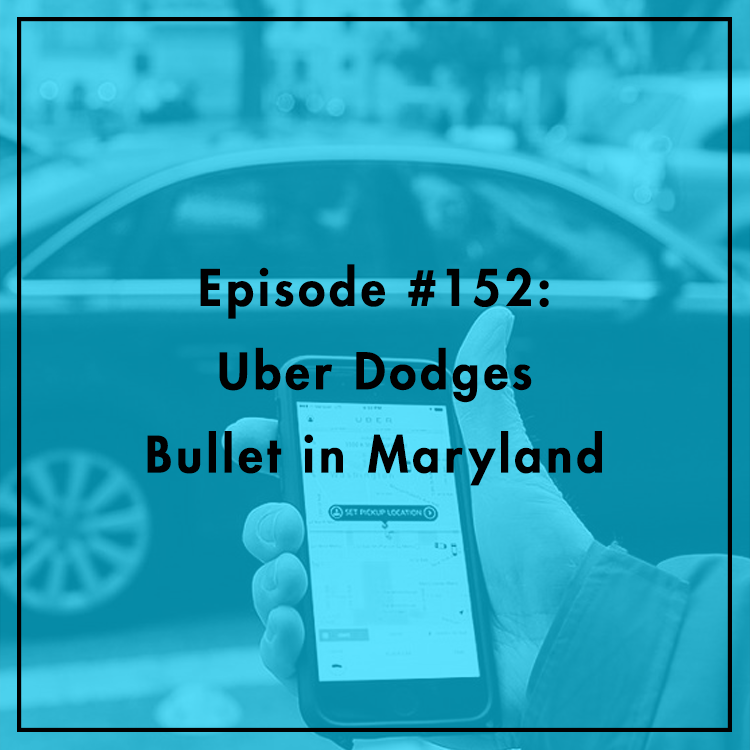
Tuesday Jan 24, 2017
#152: Uber Dodges Bullet in Maryland
Tuesday Jan 24, 2017
Tuesday Jan 24, 2017
The holidays are a time to eat, drink, and be merry. That last one might have been an issue for residents of Maryland if ridesharing had disappeared on December 23, two days before Christmas. That's because state regulators had until December 22 to decide whether Uber and Lyft would have to fingerprint their drivers as part of background checks. If fingerprinting were mandated, the two companies would have ceased operations in Maryland, just as they did in Austin (Episode #79). Fortunately for Maryland, state regulators chose not to impose a fingerprinting mandate, and residents had access to convenient ridesharing options over the holidays. How did Uber dodge this bullet? Why is fingerprinting such a big deal? Elsewhere, people in upstate New York still can't use ridesharing. Why the hell not? Our favorite sharing economy analyst Jared Meyer joins the show to discuss. For more, see Jared's op-eds in The American Spectator and Reason.

Thursday Jan 19, 2017
#151: 16 Going on 17
Thursday Jan 19, 2017
Thursday Jan 19, 2017
We're back! After a not-so-brief holiday hiatus, we'll be back in your favorite podcast app with normal regularity -- meaning 2-3 episodes per week but sometimes different. Anyway... Evan and Berin recap some of TechFreedom's favorite issues of 2016, look ahead to 2017, and make baseless predictions on what might happen in tech policy. 150 episodes in one year ain't bad, right? But can you leave us a damn review on ITunes already?

Wednesday Jan 04, 2017
#150: If Hotels Could Regulate Airbnb
Wednesday Jan 04, 2017
Wednesday Jan 04, 2017
If the hotel lobby had its way, what would happen to Airbnb? Well, we don’t have to wonder, because the American Hotel and Lodging Association has released model legislation to regulate short-term rentals. Will the bill level the playing field between online homesharing platforms and hotels? Or is this just an attempt by the AHLA to insulate its members from competition? Evan discusses the bill with Matt Kiessling, Vice President of Short-Term Rental Policy at Travel Tech.
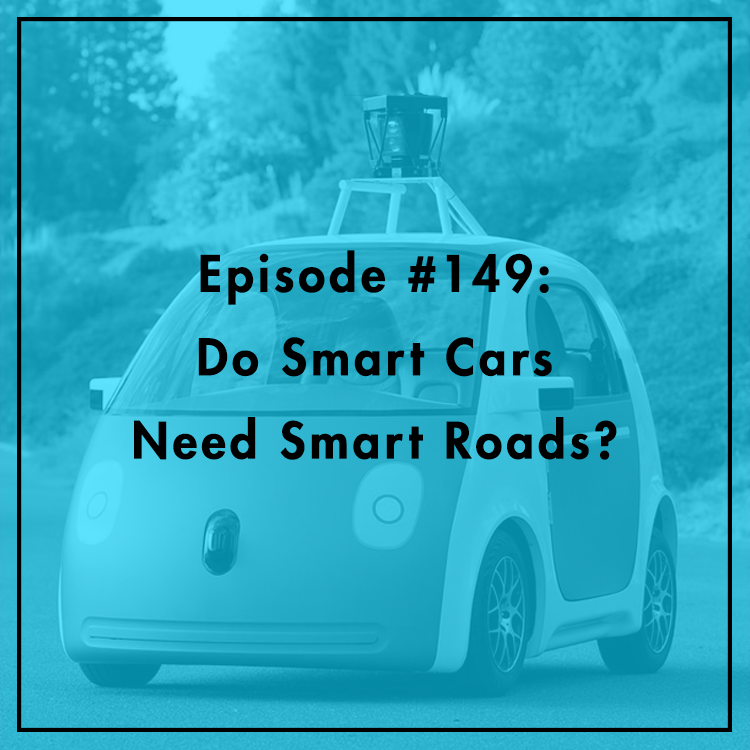
Tuesday Dec 27, 2016
#149: Do Smart Cars Need Smart Roads?
Tuesday Dec 27, 2016
Tuesday Dec 27, 2016
Driverless cars are all the rage in the tech world. But as our cars get smarter, will our roads keep pace? The autonomous future has the potential to drastically reduce, or even eliminate, vehicular deaths. But many experts say these cars would need to rely on real-time data collected on the road to maximize safety. Is roadside sensor infrastructure the answer? Or will the cars themselves have everything they need? What role should government play in implementing this technology? Joining Evan is Brent Skorup, Research Fellow at the Mercatus Center. For more, read his article here.

Wednesday Dec 21, 2016
#148: Fake News and Filter Bubbles
Wednesday Dec 21, 2016
Wednesday Dec 21, 2016
The shocking outcome of the presidential election has spurred many journalists, pundits and politicians to look for some explanation as to why people voted the way they did. “Fake news” has been a particularly popular scapegoat with many have claimed that false information alone tipped the election in Trump’s favor. But is fake news as widespread and influential as some are claiming? Are political opinions that easily changed? Do our filter bubbles make us more likely to believe outlandish stories? Will Facebook’s new efforts to combat the spread of fake stories work? Will Rinehart, Director of Technology and Innovation Policy at American Action Forum, joins the show to discuss. For more, see his op-ed in Real Clear Future.

Friday Dec 16, 2016
#147: Secret Law
Friday Dec 16, 2016
Friday Dec 16, 2016
When Snowden revealed classified information about NSA surveillance programs, Americans were outraged. But what might surprise many voters is that their elected representatives in Congress were also in the dark about the full extent of the surveillance state. How were our representatives so unaware that government was spying on innocent constituents? What could be done to bring them up to speed? Evan is joined by Elizabeth Goitein, Co-Director of the Liberty and National Security Program at the Brennan Center for Justice and author of a recent report on “secret law.”
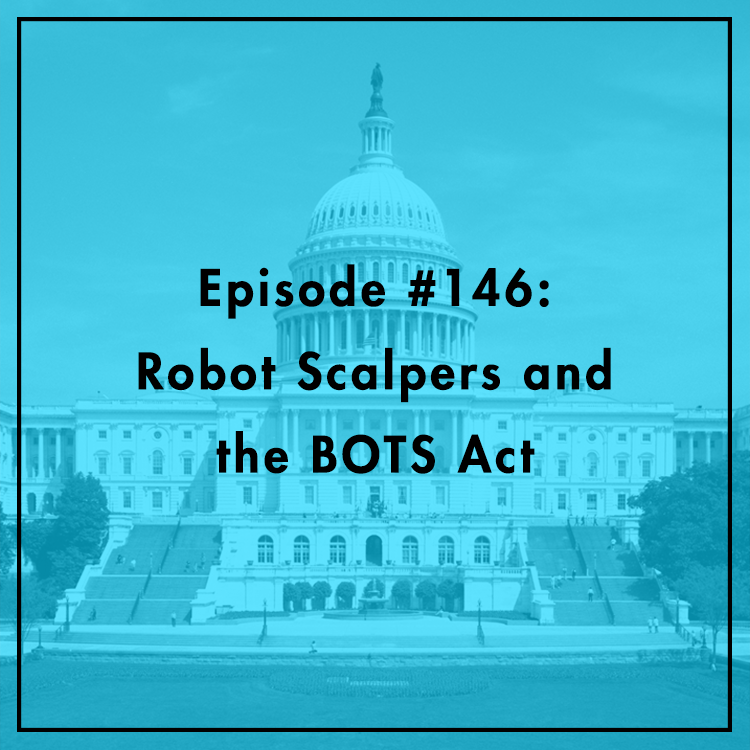
Tuesday Dec 13, 2016
#146: Robot Scalpers and the BOTS Act
Tuesday Dec 13, 2016
Tuesday Dec 13, 2016
Have you ever tried buying a ticket online to a popular event? Maybe you got up early or stayed up late so you could grab a ticket right as they went on sale, only to find out they sold out almost instantly? Of course you could probably get one on StubHub or from another scalper, but that can be expensive. Who is to blame for this travesty? According to your elected officials, it’s the robots. That’s why Congress recently passed the BOTS Act, which would ban robotic scalpers in hopes of lowering ticket prices. It sounds good, in theory, but will it actually work? What are the unintended consequences? Joining Evan to discuss this is Anne Hobson, Technology Policy Fellow at the R Street Institute. For more, you can read her her op-ed here.

Thursday Dec 08, 2016
#145: Chicago's War on Homesharing
Thursday Dec 08, 2016
Thursday Dec 08, 2016
Chicago’s crackdown on Airbnb, HomeAway, and other online home-sharing platforms has sparked a lawsuit. In June, the city council passed a law that heavily restricts property rights and places significant burdens on homeowners. Is this regulation needed to protect consumers and preserve affordable housing? Or is this another giveaway to the hotel industry, seeking to insulate itself from competition? What does it mean for Chicago consumers? Evan is joined by Christina Sandefur, Executive Vice President of the Goldwater Institute, which has filed a legal challenge to the Chicago law.

